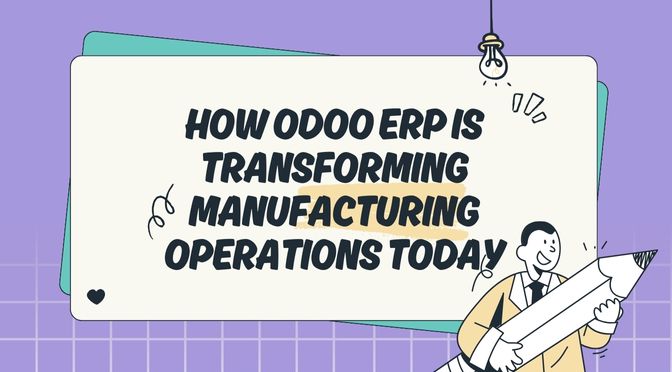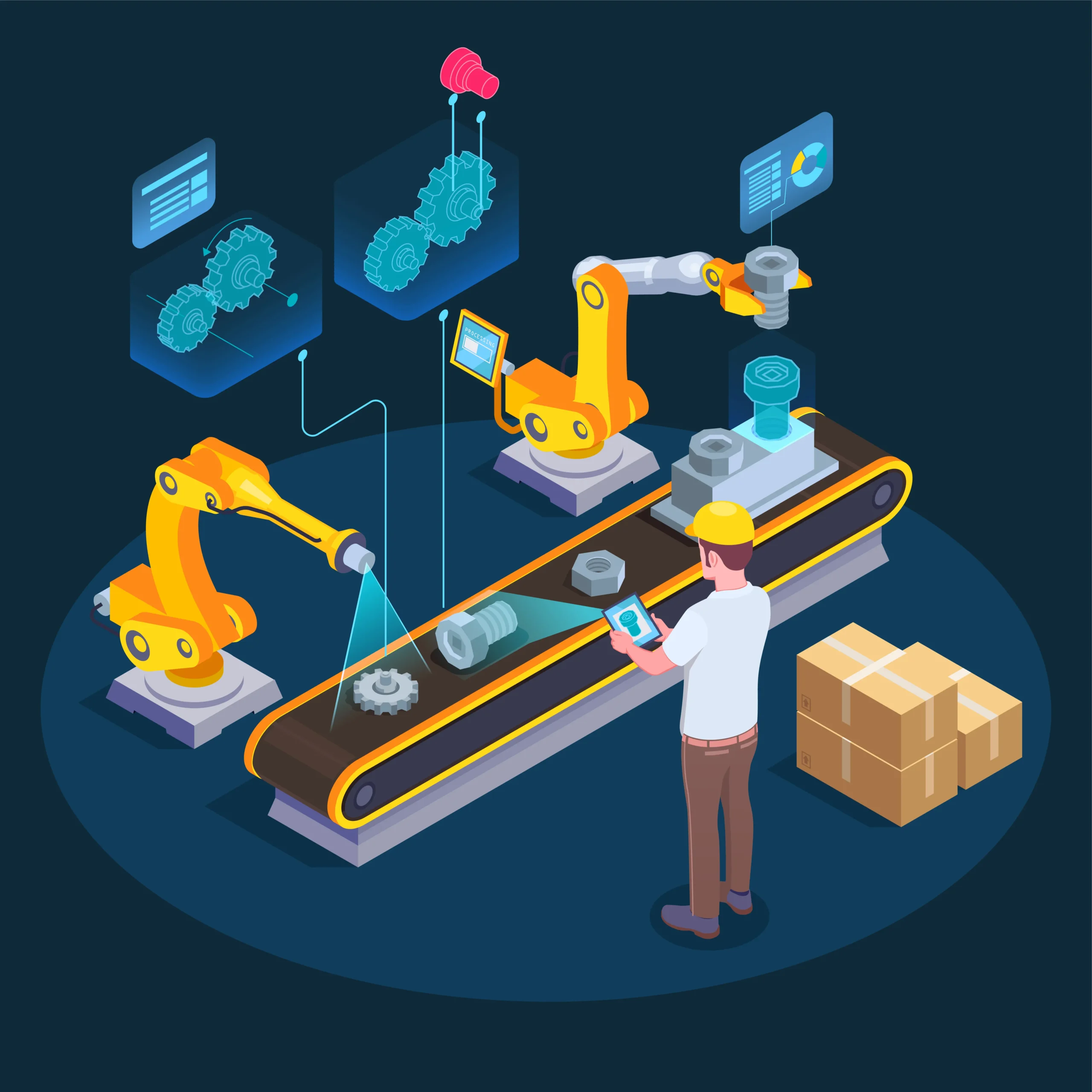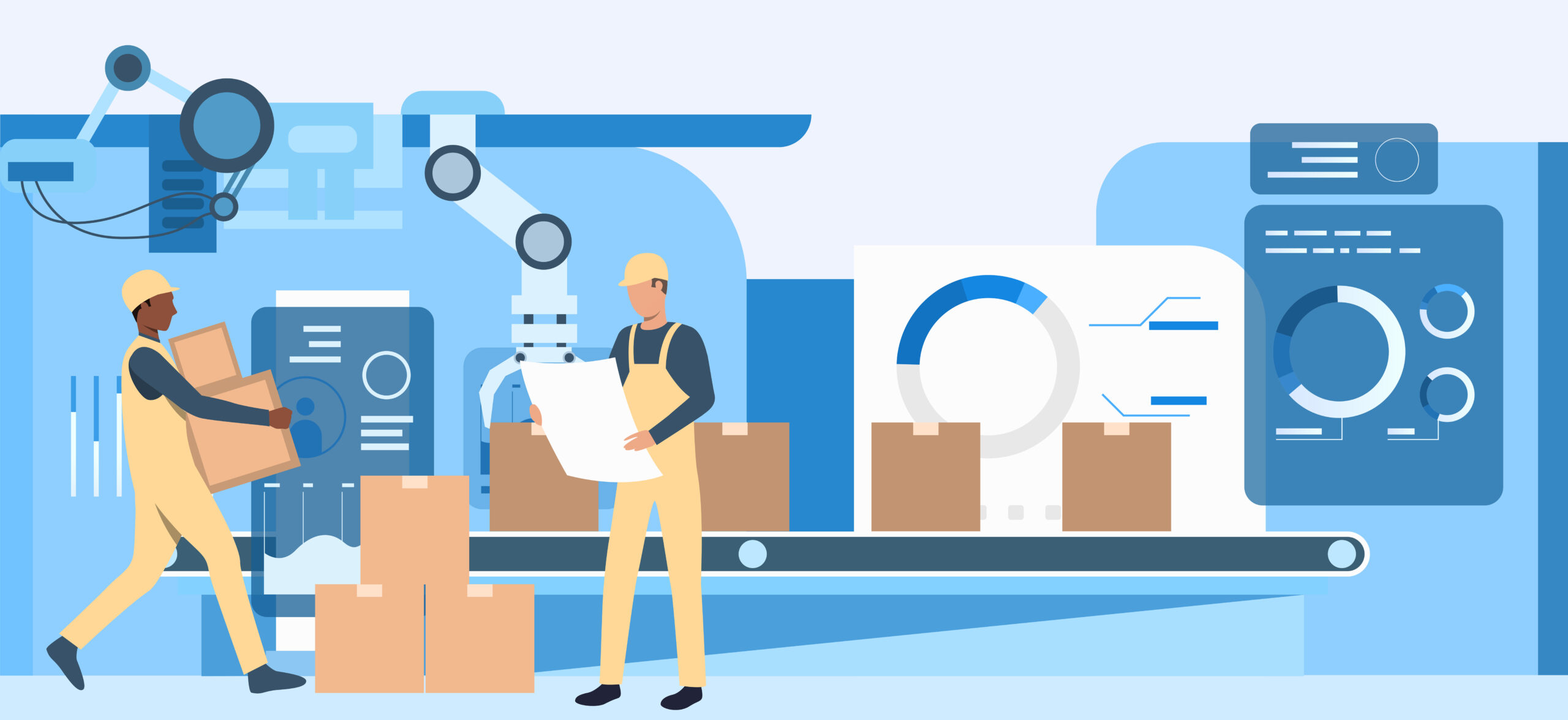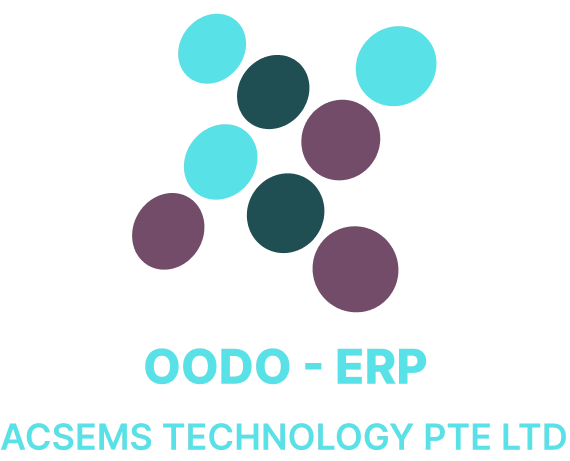How Odoo ERP is Transforming Manufacturing Operations Today: 7 Powerful Ways

Introduction
The manufacturing industry is at the heart of global progress, yet it faces growing challenges such as supply chain disruptions, rising costs, labor shortages, and increasing customer demands. To remain competitive, manufacturers must adopt digital transformation and leverage smart technologies that streamline processes and enhance efficiency.
Among the most effective tools available, Odoo ERP (Enterprise Resource Planning) has emerged as a game-changer for modern manufacturing operations. Unlike rigid legacy systems, Odoo ERP provides a flexible, modular, and integrated platform that empowers manufacturers to run leaner operations, optimize resources, and deliver better products faster.
This blog explores seven powerful ways Odoo ERP is transforming manufacturing operations today, along with insights on why businesses that adopt it are outperforming competitors.

1. Real-Time Visibility and Control
One of the greatest challenges in manufacturing is the lack of transparency across departments. Odoo ERP solves this with real-time dashboards and reports that provide a clear view of production lines, inventory, procurement, and sales. Managers can track every stage of the manufacturing cycle and spot inefficiencies instantly.
This visibility reduces guesswork and enables data-driven decision-making. Manufacturers who adopt Odoo report higher responsiveness to sudden demand shifts, production delays, or raw material shortages. In an environment where speed is critical, real-time visibility is a true competitive advantage.
2. Smarter Production Planning and Scheduling
Inefficient planning often leads to wasted time, idle labor, and delayed deliveries. Odoo ERP addresses this with its Master Production Schedule (MPS) and automated planning tools. These features balance demand and capacity, ensuring production schedules are always aligned with customer requirements.
For example, manufacturers can optimize workflows, allocate resources intelligently, and minimize bottlenecks. Smarter planning not only boosts productivity but also reduces costs associated with overproduction or underutilized assets.
3. Optimized Supply Chain and Inventory Management
An agile supply chain is critical to modern manufacturing. Odoo ERP integrates procurement, inventory, and logistics into one system, ensuring seamless communication with suppliers and distributors. With smart re-ordering rules and automatic stock updates, manufacturers can avoid costly stockouts or overstocking.
The result is improved supply chain coordination, reduced inventory carrying costs, and faster time-to-market. Studies indicate that businesses using advanced ERP systems, such as Odoo, reduce inventory costs by 20–25% annually while improving order fulfillment rates.
4. Enhanced Quality Management
Customer trust hinges on product quality, and Odoo ERP ensures end-to-end quality control. The system embeds quality checkpoints directly into the production process, allowing manufacturers to monitor compliance with industry standards and regulatory requirements.
Whether it’s defect tracking, root-cause analysis, or certification management, Odoo ERP helps businesses maintain consistency and reliability. The result is fewer reworks, reduced waste, and stronger customer satisfaction.
5. Reduced Costs and Downtime
Manual errors, outdated equipment, and inefficient workflows often inflate operating costs. Odoo ERP integrates predictive maintenance, workflow automation, and cost analysis tools that significantly reduce downtime and expenses.
By predicting when machines require servicing, manufacturers cut unplanned stoppages by up to 30%, keeping production lines running smoothly. Automated workflows also reduce administrative overhead, freeing up staff to focus on higher-value tasks. This translates into lower costs and higher profitability.
6. Seamless Integration Across Departments
Unlike standalone tools, Odoo ERP unifies multiple business functions—finance, HR, sales, procurement, and production—into one centralized system. This integration breaks silos and creates a cohesive ecosystem where data flows effortlessly across departments.
For manufacturers, this means faster approvals, better collaboration, and synchronized operations. Finance teams can instantly analyze production costs, while sales teams can provide customers with accurate delivery dates—all thanks to the single source of truth Odoo ERP provides.
7. Preparing Manufacturers for Industry 4.0
The future of manufacturing lies in Industry 4.0 and digital-first operations powered by AI, IoT, and automation. Odoo ERP positions manufacturers for this transition by enabling connectivity with IoT devices, supporting data analytics, and offering scalable modules that adapt as businesses grow.
By adopting Odoo ERP, manufacturers are not just solving today’s challenges—they are preparing for tomorrow’s opportunities. The platform empowers them to remain competitive in a fast-changing global economy.
Real-World Impact: A Manufacturing Success Story
A mid-sized electronics manufacturer was struggling with production delays, poor inventory visibility, and increasing costs. After implementing Odoo ERP, they reported:
- 20% increase in production efficiency within six months.
- 30% reduction in downtime through predictive maintenance.
- Improved delivery times due to better supply chain coordination.
This case demonstrates the transformational impact of Odoo ERP, proving it is not just a system upgrade but a strategic enabler of growth.


Conclusion
Manufacturing is entering an era where efficiency, agility, and innovation define success. Odoo ERP is at the forefront of this transformation, helping manufacturers gain real-time control, streamline planning, optimize supply chains, enhance quality, and embrace Industry 4.0.
For manufacturers determined to thrive in today’s hyper-competitive environment, Odoo ERP is more than software—it is the backbone of modern manufacturing excellence. Those who act now will secure an enduring competitive advantage.
👉 Schedule your free consultation with ACSEMS today.
- 📧 Email: techadvisor@acsems.com
- 📞 Call: +65 6287 6100
- 💬 WhatsApp: +65 8229 1526
- 🌐 Website: https://www.odoo-erp.net

